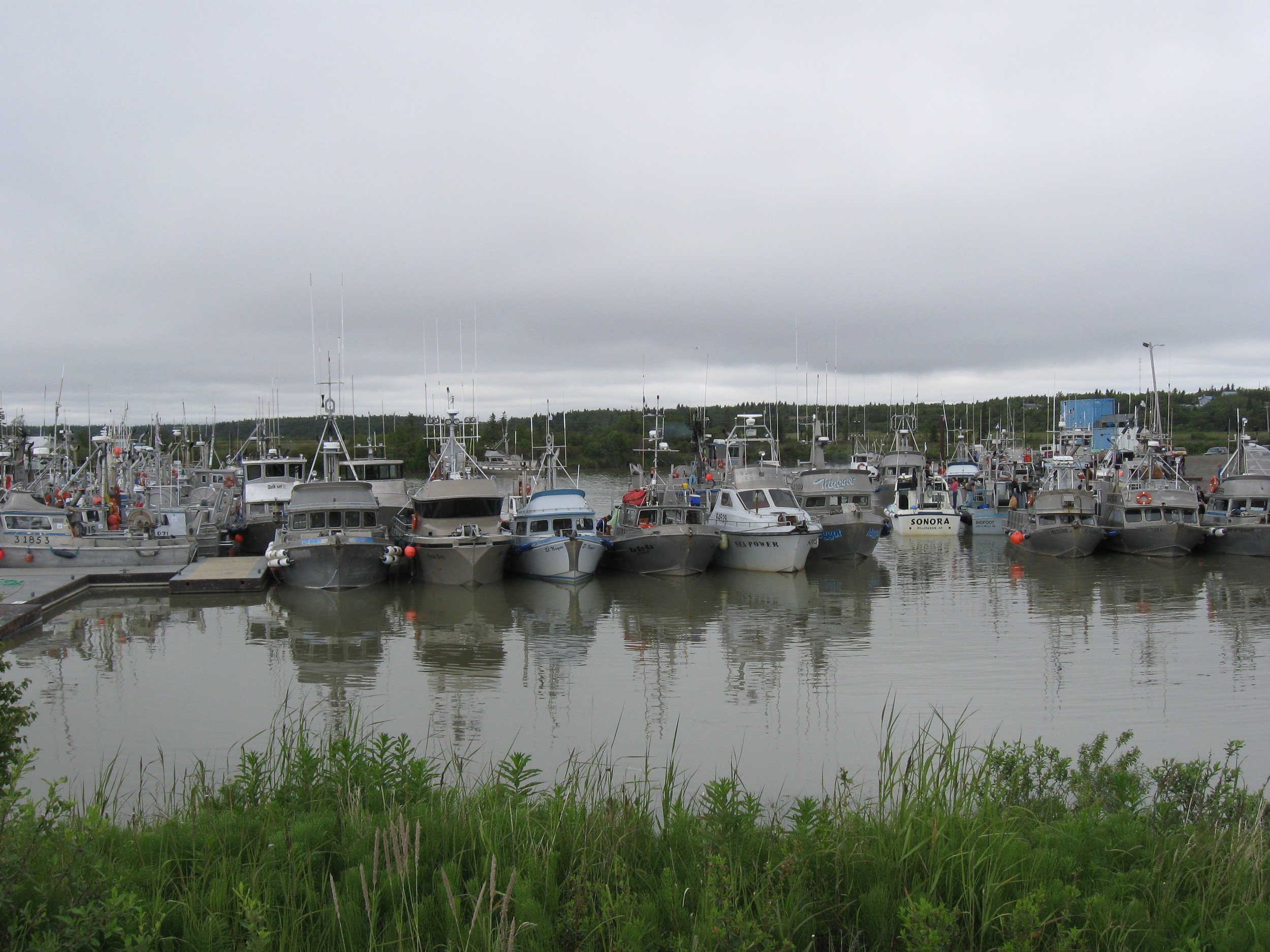Harbor Management
Well-trained employees, clear Standard Operating Procedures, strong communication skills, updated policies, and effective community outreach are crucial for managing a facility and minimizing pollution from routine boating and operations.
This section covers a range of important topics, including Invasive Species Monitoring and Prevention, Abandoned and Derelict Boats, Disposal Policies, Employee Training, and Harbor Outreach.
Boater Resources
Operating and maintaining vessels of all sizes results in the creation of various hazardous wastes. Read our tip sheet on hazardous waste management for boaters to learn how you can reduce pollution when dealing with antifreeze, solvents, and other hazardous wastes.
Make sure to ask your harbormaster about options for waste disposal.
Invasive Species
Educate employees on invasives detection and identification. Harbor officers and other staff spend a lot of time on and around marine infrastructure that may have invasives.
Alaska Sea Grant has resources on their website as does AK Dept of Fish and Game.
Know who to call. If you, other harbor staff or a customer finds something that looks suspicious and may be an invasive, make sure to contact the Alaska Dept. of Fish and Game at 1-877-INVASIV (468-2748).
Reduce the spread on derelict infrastructure. When replacing harbor floats, fingers, or other infrastructure that has been submerged, haul to the uplands and keep out of the water for at least 2 weeks.
Prevent Rats! BMPs for rat prevention include:
If you find rodent droppings or chew marks suspect you have rats or mice aboard your vessel and set traps until you are sure you have eliminated the problem. Kill all rats or mice that boards your vessel.
Seal holes that give rats and mice access onto and within your vessel. Rats can squeeze through a ½ inch gap and mice through a ¼ inch.
Inspect all oncoming cargo and gear. This is especially important if you store gear at a rodent infested site. Many harbors are infested. Don’t take cargo with droppings or chew marks aboard your boat.
Use line guards on large vessels to keep rats and mice from climbing aboard.
Never throw a live rat overboard when in a harbor. Rats are excellent swimmers and you’ll just be sharing your problem with the harbor.
Remember-It is illegal to have rats on board any boat in Alaska waters. Boat owners could be fined.
Employee Training
Harbor officers are often the eyes and ears of the facility. Empowering all harbor employees with the knowledge and tools to communicate effectively with customers can save money and headaches, and create a positive environment for everyone.
Here are some resources for providing training opportunities for your employees. Alaska Clean Harbors may be able to help defray costs of classes or other opportunities. Make sure to maintain training records for all employees to document their involvement and progress over time.
Alaska Association of Harbormasters and Port Administrators
Send someone from your facility to the annual meeting whenever possible. Check their website for more information.
HAZWOPER Training
HAZWOPER stands for Hazardous Waste Operations and Emergency Response, and training is required by the Occupational Safety and Health Administration (OSHA) for anyone that works around hazardous wastes. Zender Environmental has a great overview on HAZWOPER training and opportunities in Alaska.
Harbor Outreach
Make sure that your employees, customers and the greater community know about the positive work you do at the harbor! New recycling station? Get it in the newspaper and on the radio. Respond to customer complaints with knowledgeable answers, feedback and solutions when viable. When a customer goes out of their way to do the right thing, prevent pollution, or own up to a spill, consider providing some positive recognition for those people! Let people know about your Alaska Clean Harbors efforts, and share the program with other staff and customers.
Examples Of Harbor Outreach
Newspaper ad
Include a flyer in your moorage mailings
Newsletter
ACH Posters
Community meeting or clean-up event




